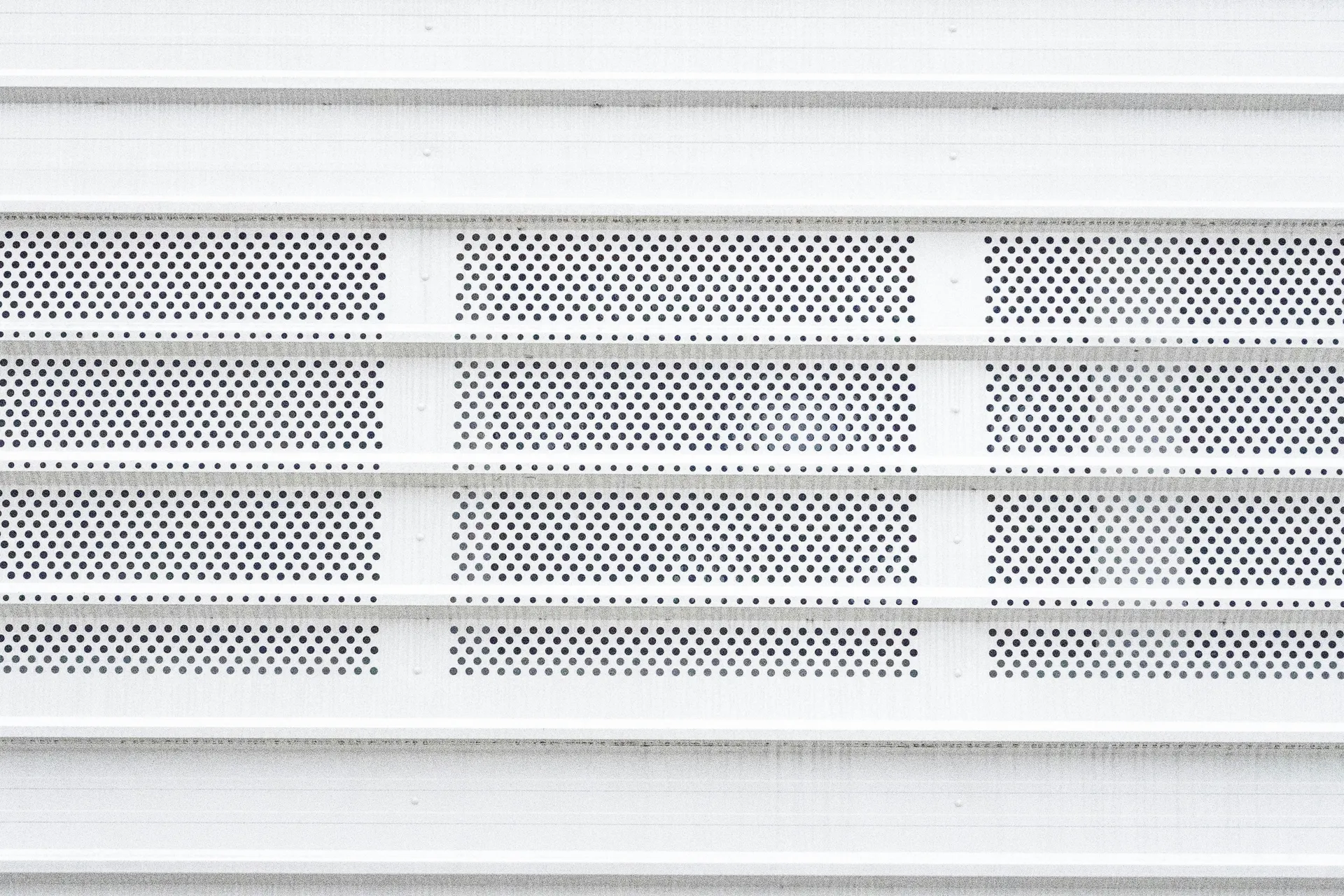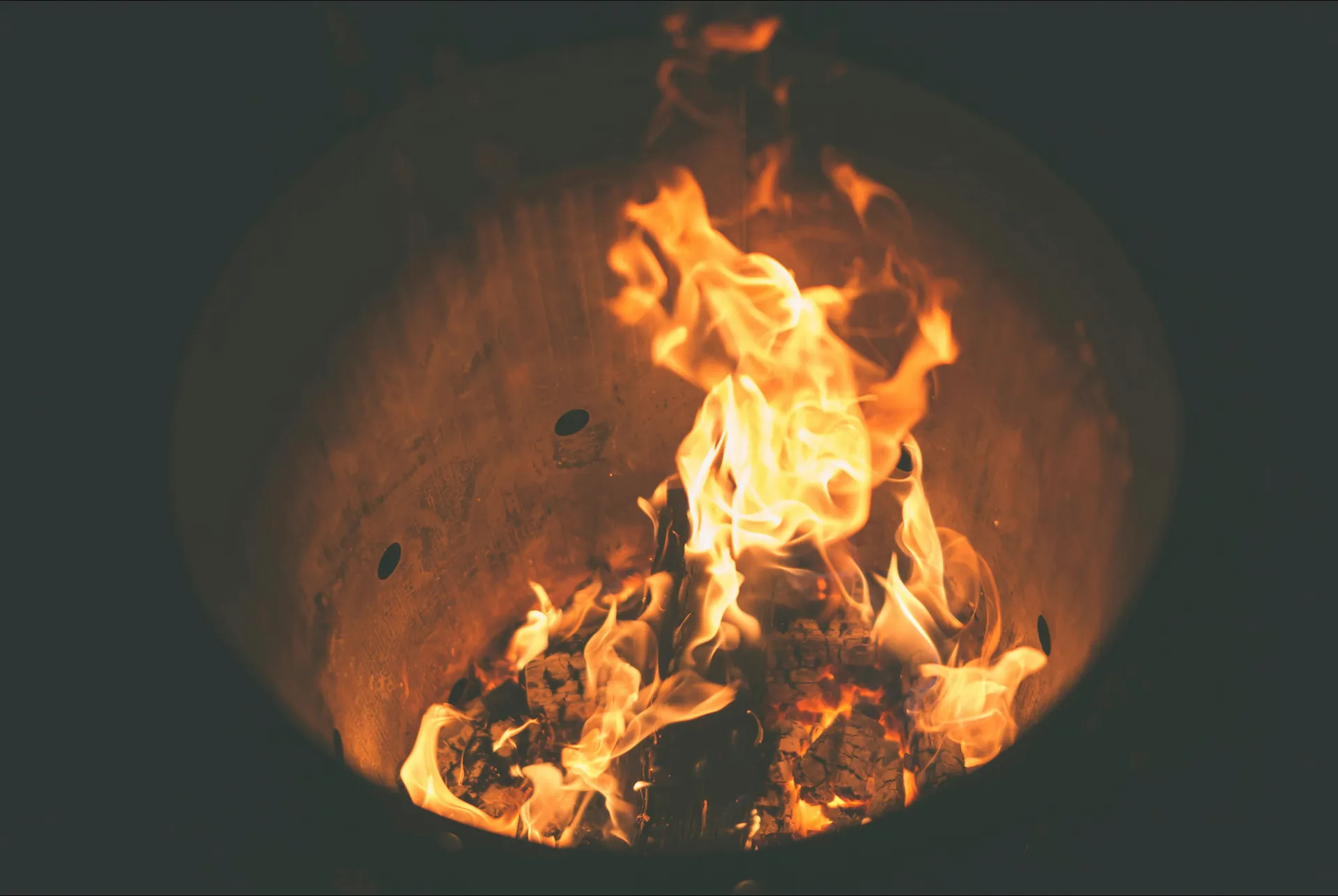
Heater Smells Like Burning? 5 Common Causes and How to Fix It
A burning smell coming from your heater is alarming, and your concern is valid. While some causes are harmless, others can indicate a serious safety risk. As an HVAC technician, my first piece of advice is: if you feel unsafe or the smell is strong and acrid, turn off your system at the breaker and call a professional immediately. For less severe situations, this guide will help you diagnose the potential cause.
This guide will help you identify what different burning smells mean, what you can safely check yourself, and when you absolutely need to call for emergency service.
Key Takeaways
- Not All Burning Smells Are Equal: A dusty smell when you first turn on the heat for the season is often normal. A sharp, electrical smell is a serious warning sign.
- Safety is Paramount: If you smell anything like burning plastic, rubber, or oil, or if the smell is accompanied by smoke, turn off your furnace at the circuit breaker immediately.
- Check Your Filter: A severely clogged air filter is a common cause of overheating and can produce a burning smell from the overworked motor.
- When in Doubt, Call a Pro: Never hesitate to call a licensed HVAC professional. It’s the safest way to diagnose and fix the problem correctly.
Troubleshooting: What the Type of Burning Smell Means
The specific scent can tell you a lot about the potential problem. Let’s break down the most common ones.
The “Burning Dust” Smell
This is the most common and usually least worrisome smell.
- What it smells like: A dry, dusty, slightly stale burning odor that appears right after you turn on your furnace for the first time in autumn or winter.
- What it is: After sitting dormant for months, the dust that has settled on your furnace’s heat exchanger or heating elements gets burned off during the first cycle.
- What to do: This is typically normal and harmless. Open a few windows to air out the house. The smell should disappear within an hour or two. If it persists after 24 hours, it’s time to investigate further.
The “Electrical Burning” Smell
This smell indicates a potentially dangerous situation and requires immediate action.
- What it smells like: A sharp, acrid chemical smell, like burning plastic, rubber, or melting wires.
- What it is: This is a clear sign of an electrical problem. It could be an overheating blower motor, frayed wiring, or a failing capacitor.
- What to do: This is a fire hazard.
- Go to your home’s electrical panel and turn off the circuit breaker for your furnace/HVAC system.
- Do not turn it back on.
- Call a licensed HVAC professional for emergency service.
An electrical burning smell from a high-power appliance like a furnace should never be ignored. It’s a clear indicator that a component is failing and generating extreme heat, which is a primary cause of house fires. Turning off the power at the circuit breaker is the correct first step to mitigate the immediate fire risk before an expert arrives.
The “Oily or Smoky” Smell
This scent, particularly in a gas or oil furnace, signals a serious combustion or exhaust problem.
- What it smells like: A smell similar to burning oil, or in the worst case, visible smoke.
- What it is: For an oil furnace, it could be an ignitor or burner problem. For a gas furnace, this could be a sign of a blocked flue or, most dangerously, a cracked heat exchanger. A cracked heat exchanger can leak carbon monoxide (CO) into your home.
- What to do:
- Turn off the furnace immediately at the power switch and the circuit breaker.
- If you have a fuel shutoff valve for oil or gas, turn that off as well.
- Open windows to ventilate your home.
- Call for emergency HVAC service.
Other Potential Causes
If the smell doesn’t quite match the descriptions above, consider these possibilities.
Additional Causes for Burning Smells
What to Expect: Common Furnace Repair Costs
When you call a professional after identifying a dangerous smell, it’s helpful to have a general idea of the potential costs. Below are typical price ranges for professional HVAC services to fix the common issues that cause burning smells.
| Professional Service | Typical Cost Range | What It Solves |
|---|---|---|
| Blower Motor Replacement | $500 - $1,500 | Fixes an electrical burning smell caused by an overheating or seized motor. |
| Capacitor/Contactor Replacement | $250 - $450 | Solves common electrical faults that can cause the motor to overheat and smell. |
| Cracked Heat Exchanger Inspection | $300 - $600 (Diagnostic Fee) | Diagnoses a critical failure that can cause smoky smells and leak CO. |
| Heat Exchanger Replacement | $2,000 - $4,000+ | One of the most expensive repairs; often requires evaluating if a new furnace is a better investment. |
Major repairs ahead? When furnace repairs approach $2,000+, consider replacement costs. Our HVAC calculator helps you compare repair vs. replacement for your complete heating and cooling system.


